Flash Fiction America
The stories come and go quick, as is the way with flash, but they also linger, creating one more mysterious, satisfying paradox for readers to hold.
Please note that orders placed between February 1-February 17 will not be shipped until February 17. Thank you for your patience.
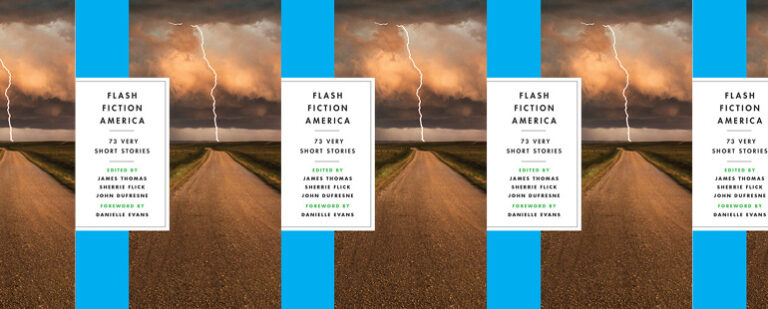
The stories come and go quick, as is the way with flash, but they also linger, creating one more mysterious, satisfying paradox for readers to hold.
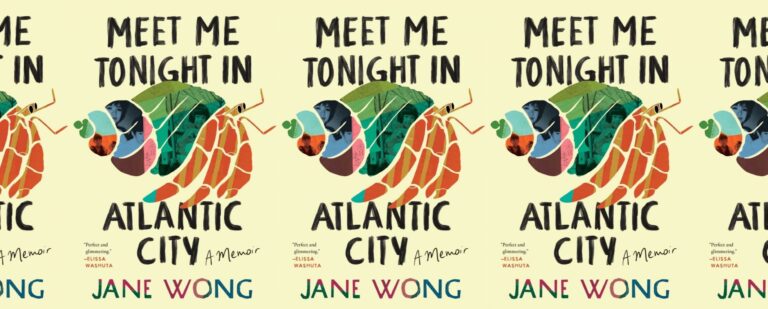
Jane Wong’s memoir reminded me that Asian American literature could be more than stories of poverty or prestige porn. Reading it is not always comfortable—some anecdotes are sad, squeamish, and cringe-inducing, but it is an honest look at a working-class community that is too often forgotten.
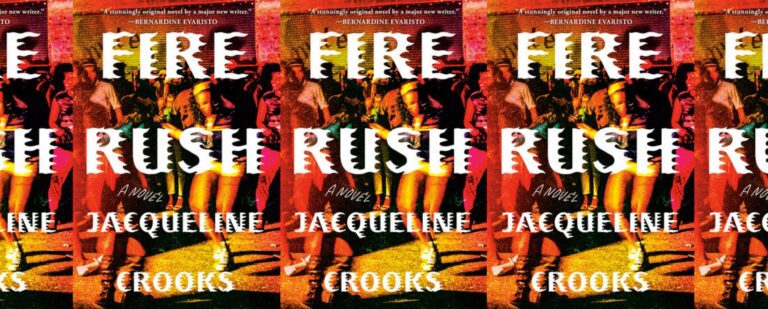
Jacqueline Crooks’s novel is a journey from underworlds to natural worlds, from the present to the past, and from secrets to finding one’s voice. Layered in are elements of history and ancestry; of longing for mothers and motherlands; of oppression and uprising; and of the historical, sociopolitical, and spiritual power of music.
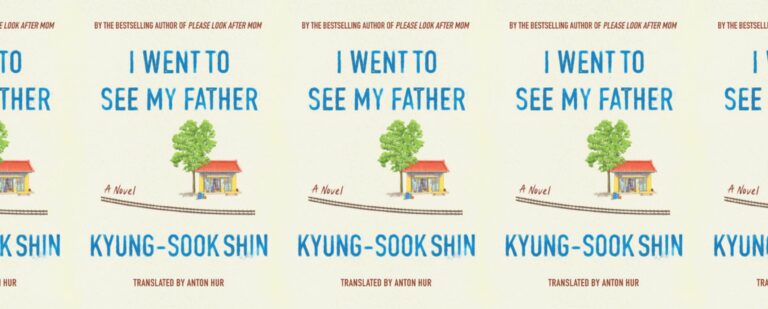
The narrative tends to drift, partly because of its emphasis on memory and partly because of the soft flow of Shin’s syntax, expertly translated by Hur.
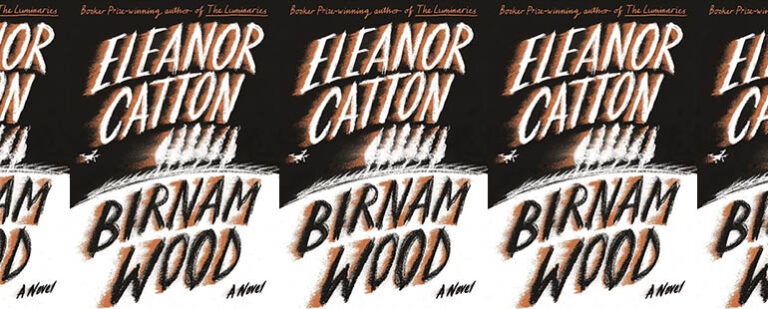
No generation is immune from the Birnam Wood‘s ire. Idealistic millennials are frauds, Gen X-ers are technocratic looters, Boomers are oblivious resource hoarders. Yet it’s not just the premise that everyone is fatally flawed that generates such intense and oppressive pessimism; rather, it’s that everyone in the novel is so deeply unlikable as well.
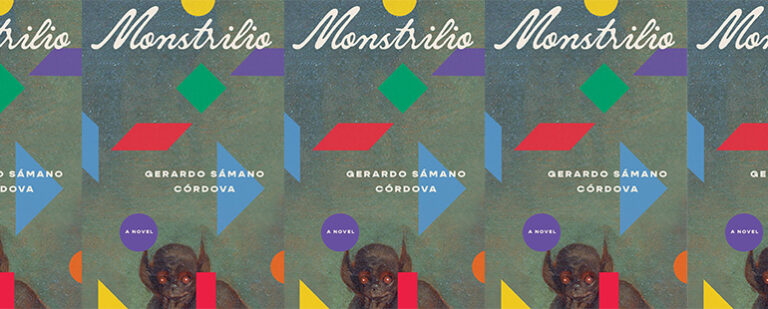
Sámano Córdova asks readers to imagine cheating death even for a little bit, even if we know it will all go wrong, even if we know the second grief can only be worse.
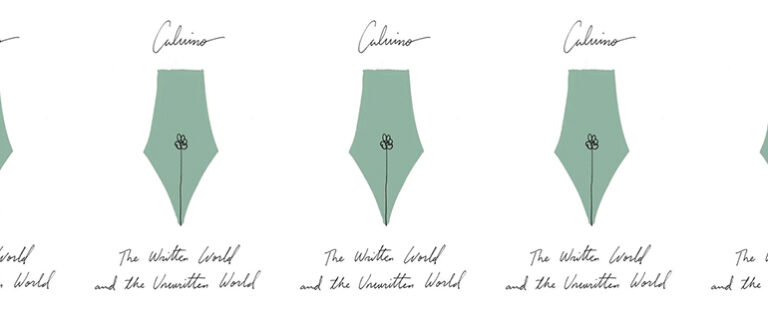
A new collection of Italo Calvino’s nonfiction provides the reader with a deep sense of the range of Calvino’s interests and his open-minded approach to what constitutes art, as well as the pleasure it incites in him.
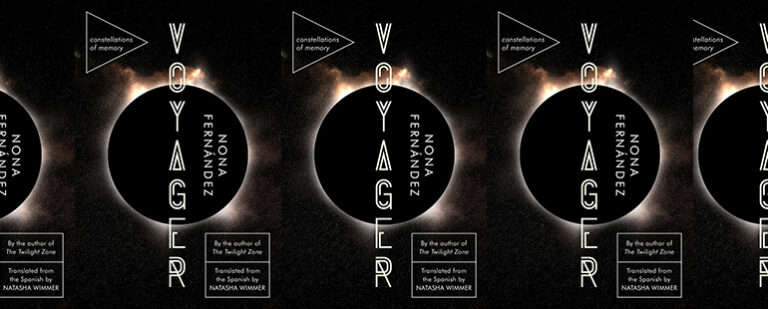
The essays in Fernández’s collection weave from the personal to the profound, from the historical to the mystical, from the scientific to the spiritual. The book has one fundamental message: to hold the past is what makes us human.
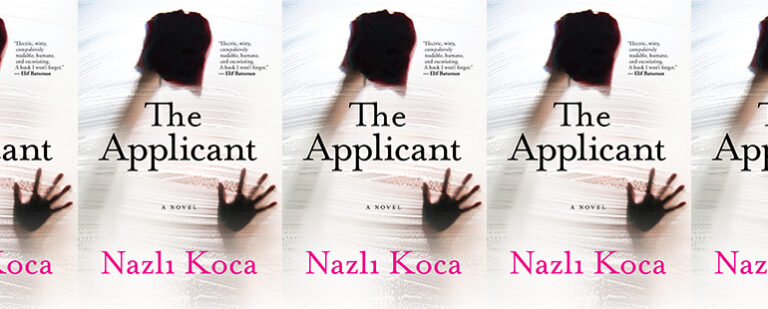
With its clipped, direct sentences and its abundance of resonant questions, long and short, Koca’s prose mirrors this narrative doubleness—giving readers an experience that is both irresistibly consumable yet compellingly durable.
No products in the cart.